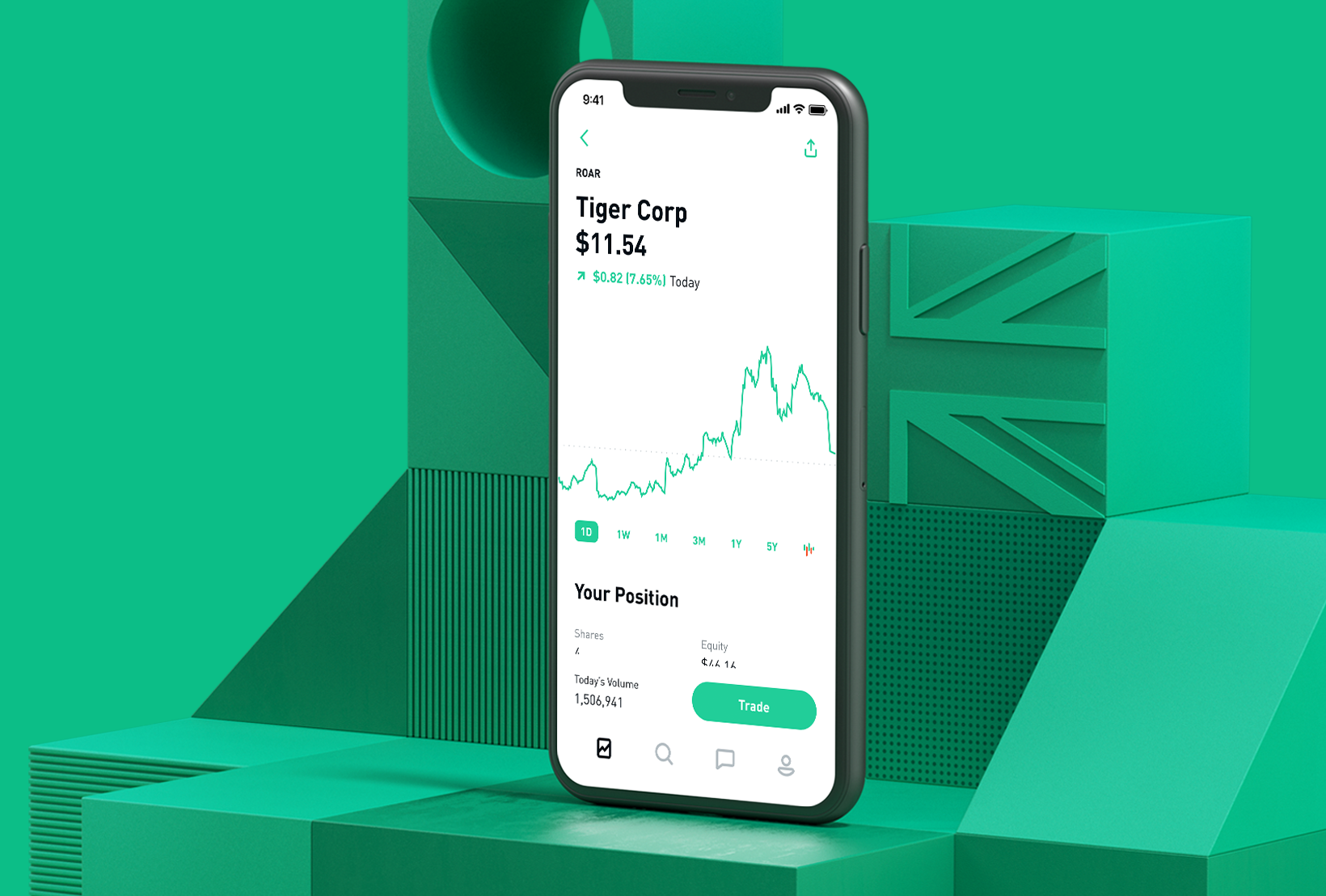The Google search engine collects data on users who believe they can remain anonymous by using a “private browsing” mode, according to Texas Attorney General Ken Paxton, who filed an amended privacy complaint against Alphabet Inc (GOOGL.O) on Thursday.

In January, Texas, Indiana, Washington State, and the District of Columbia filed separate lawsuits against Google in state courts, alleging deceptive location-tracking methods that violate users’ privacy.
Paxton’s filing adds Google’s Incognito mode to the January case. Incognito mode, sometimes known as “private browsing,” is a web browser feature that, according to Paxton, suggests Google will not track search history or location activities.
According to the lawsuit, Google provides the choice of Viewing highly personal websites that may disclose, for example, their medical history, political beliefs, or sexual orientation is an example of “private browsing.” Or maybe they just want to buy a surprise gift without alerting the recipient with a flood of tailored marketing.”
According to the lawsuit, “in reality, Google deceptively collects an array of personal data even when a user has engaged Incognito mode.”
Google announced on Thursday that Paxton’s filing had been reinstated “based on false and out-of-date allegations regarding our settings We have always included privacy protections in our products and strong controls for location data.”
Some web browsers have a privacy feature called private surfing. When in this mode, the browser generates a temporary session that is separate from the primary session and user data. When the session is closed, all local data associated with the session, such as Cookies and Web cache, is removed. These modes are primarily intended to prevent data and history linked with a specific browsing session from remaining on the device or being discovered by another user of the same device.
It could be used in web development to quickly assess how pages appear to first-time users.
Users are not always protected from being monitored by other websites or their Internet service provider when using private browsing modes (ISP). Moreover, identifiable traces of activity may be leaked from private browsing sessions through the operating system, browser security flaws, or malicious browser extensions, and has been discovered that only certain HTML5 APIs could be used to indicate the presence of private browsing modes due to differences in behavior. That’s why some people confuse private browsing with a VPN.











